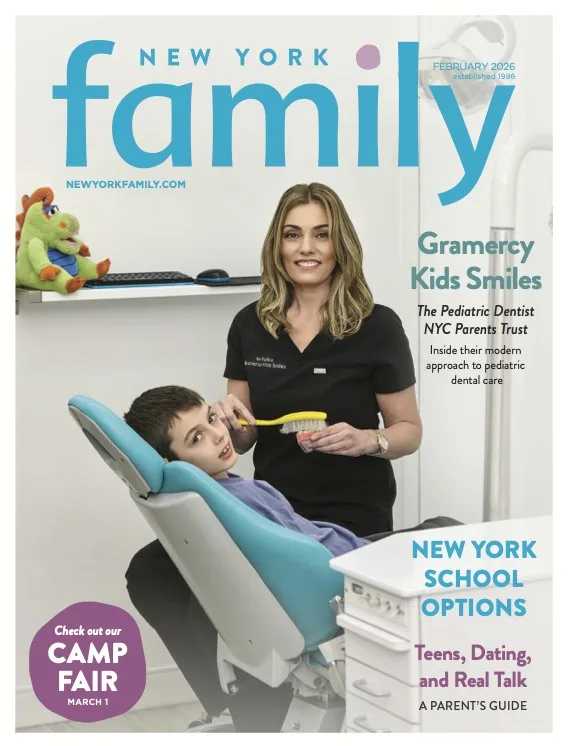
Tylenol and Autism Claims Face Strong Expert Pushback
On September 22, 2025, President Donald Trump, joined by Health Secretary Robert F. Kennedy Jr. and Dr. Oz, held a press conference in which they asserted that taking Tylenol during pregnancy can be associated with an increased risk of autism and for that reason, they are strongly recommending that women do not take acetaminophen – the active ingredient in Tylenol. Trump repeated warnings to pregnant women, saying “Don’t take Tylenol. Fight like hell not to take it. There may be a point where you have to, and that you’ll you have to work out with yourself. Don’t take Tylenol.”
What the Studies Say
The Journal of the American Medical Association (JAMA) published a large sibling study out of Sweden (2.5 million children born between 1995 and 2019) that do not support the administration’s claims. The study notes, “Acetaminophen use during pregnancy was not associated with children’s risk of autism, ADHD, or intellectual disability in sibling control analyses.”
Similarly, researchers at the Icahn School of Medicine at Mount Sinai, together with national collaborators, published a systematic review in BioMed Central (BMC) Environmental Health examining the use of acetaminophen during pregnancy. The research applied a rigorous framework for evaluating environmental health data and analyzed 46 studies involving more than 100,000 participants worldwide. The study found an association, but not a causal link, between prenatal acetaminophen exposure and an increased risk of autism spectrum disorder (ASD) and attention-deficit/hyperactivity disorder (ADHD) in children.
Psst…Check Out A Guide to NYC Pediatric Hospitals
Expert Opinions & Institutional Responses
Dr. Celine Gounder, editor-at-large for Public Health at Kaiser Family Foundation (KFF) Health News told CBS Mornings, “The best evidence does not show an association between Tylenol and autism.” She goes on to say that “The scientific community has very much the same consensus, which is that Tylenol/acetaminophen is safe in pregnancy.”
Helen Tager-Flusberg, a psychologist who studies autism at Boston University, told Nature.com that “The better controlled studies are less likely to find even a small risk. And even then, what we’re talking about is a minor association…We do not think that taking acetaminophen is in any way contributing to actually causing autism.”
Michelle Morse, the acting NYC health commissioner says, “Acetaminophen is the safest and most used over-the-counter medication for pain and fever in pregnancy. Recent claims that acetaminophen use during pregnancy causes neurodevelopment conditions such as autism do not represent the overwhelming body of evidence that show its safety.”
A statement released by Dr. Steven J. Fleischman, president of the American College of Obstetricians and Gynecologists (ACOG) says, “Suggestions that acetaminophen use in pregnancy causes autism are not only highly concerning to clinicians but also irresponsible when considering the harmful and confusing message they send to pregnant patients, including those who may need to rely on this beneficial medicine during pregnancy.”
The American Academy of Pediatrics (AAP) says, “Misleading claims that the medicine is not safe and is linked to increased rates of autism send a confusing, dangerous message to parents and expectant parents and does a disservice to autistic individuals. Studies have found no significant or confirmed associations between use of acetaminophen during pregnancy and children’s risk of autism, ADHD, or intellectual disability.” The AAP continues, “Autistic children are valued members of our communities and deserve high-quality research that helps health care and other systems address genuine needs.”
Although the U.S.Food and Drug Administration (FDA), led by Kennedy, is moving forward with a label change for Tylenol and similar products that will warn users about the evidence suggesting that there may be an association with the drug and an increased risk of neurological conditions such as autism and ADHD in children, they also added this information to their official statement:
“It is important to note that while an association between acetaminophen and neurological conditions has been described in many studies, a causal relationship has not been established and there are contrary studies in the scientific literature. It is also noted that acetaminophen is the only over-the-counter drug approved for use to treat fevers during pregnancy, and high fevers in pregnant women can pose a risk to their children.”
The FDA also says, “The precautionary principle may lead many to avoid using acetaminophen during pregnancy, especially since most low-grade fevers don’t require treatment. It remains reasonable, however, for pregnant women to use acetaminophen in certain scenarios.”
Psst…Check Out NYC Faces Rising Challenges in Postpartum Care
As research continues, doctors stress that pregnant women should always consult their healthcare providers before taking any medication and weigh potential risks against the dangers of untreated pain or fever. For now, the scientific consensus remains that no causal link between acetaminophen and autism has been proven. With public debate intensifying, clear communication between patients and trusted medical professionals remains the surest way to navigate these complex claims.














